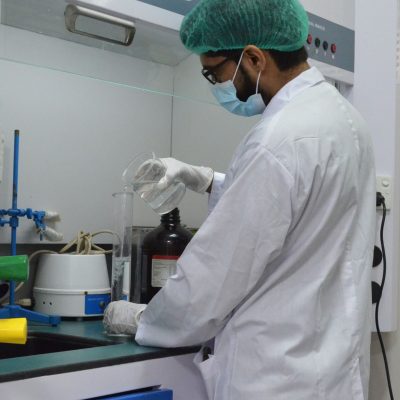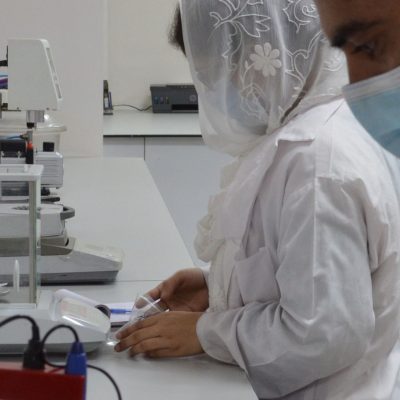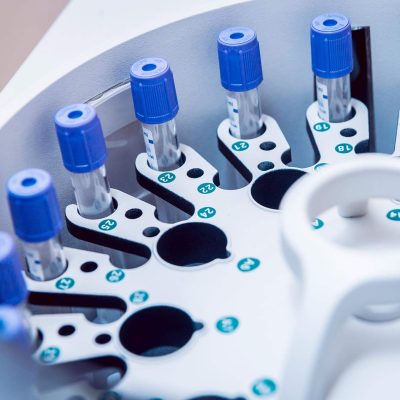The Issues
Alzheimer's disease is a devastating neurodegenerative disorder, affecting millions of individuals globally, with the number of cases projected to rise significantly in the coming years. The complex and multifactorial nature of Alzheimer's presents significant challenges in understanding its underlying mechanisms, early detection, and effective treatment. The lack of definitive diagnostic biomarkers and disease-modifying therapies further complicates disease management. Given the substantial social and economic impact of Alzheimer's on patients, families, and healthcare systems, there is an urgent need for innovative medical research to unravel its complexities and pave the way for improved diagnostic tools and novel therapeutic interventions.

The Approach
Our medical research on Alzheimer's disease encompasses a multidisciplinary approach to address the multifaceted challenges. Leveraging cutting-edge technologies such as neuroimaging and biomarker analysis, we study the early stages of Alzheimer's, aiming to identify potential diagnostic indicators and predictors of disease progression. Collaborating with neurologists, geneticists, and neuroscientists, we investigate genetic factors, environmental influences, and lifestyle patterns that may contribute to Alzheimer's pathogenesis. Furthermore, our research includes clinical trials to evaluate potential disease-modifying treatments and novel interventions for cognitive improvement and symptom management. By integrating diverse research modalities, we seek to gain comprehensive insights into Alzheimer's disease and accelerate the development of effective therapies.
The Benefits
Our medical research on Alzheimer's disease strives to bring several benefits:
Identifying reliable biomarkers and diagnostic tools may enable early detection and intervention, potentially delaying disease progression and improving patient outcomes. Discovering novel disease-modifying therapies can offer hope for individuals with Alzheimer's, enhancing their quality of life and providing a more effective approach to treatment.Our research contributes to a deeper understanding of Alzheimer's disease, driving broader knowledge in neuroscience and neurodegenerative disorders, which may have implications for other conditions as well.
Identifying reliable biomarkers and diagnostic tools may enable early detection and intervention, potentially delaying disease progression and improving patient outcomes. Discovering novel disease-modifying therapies can offer hope for individuals with Alzheimer's, enhancing their quality of life and providing a more effective approach to treatment.Our research contributes to a deeper understanding of Alzheimer's disease, driving broader knowledge in neuroscience and neurodegenerative disorders, which may have implications for other conditions as well.
Participation in research studies or clinical trials typically requires meeting specific eligibility criteria. Interested individuals can contact research centers or organizations conducting these studies to inquire about participation opportunities.
Clinical trials undergo rigorous review by ethics committees and regulatory authorities to ensure patient safety. All trial participants are closely monitored, and the trials are conducted following strict guidelines and protocols.
Organic acids are metabolic intermediates produced in pathways of central energy production, detoxification, neurotransmitter breakdown, and intestinal microbial activity. Accumulation of specific organic acids in urine often signals a metabolic inhibition or block. This abnormality may be due to a nutrient deficiency.
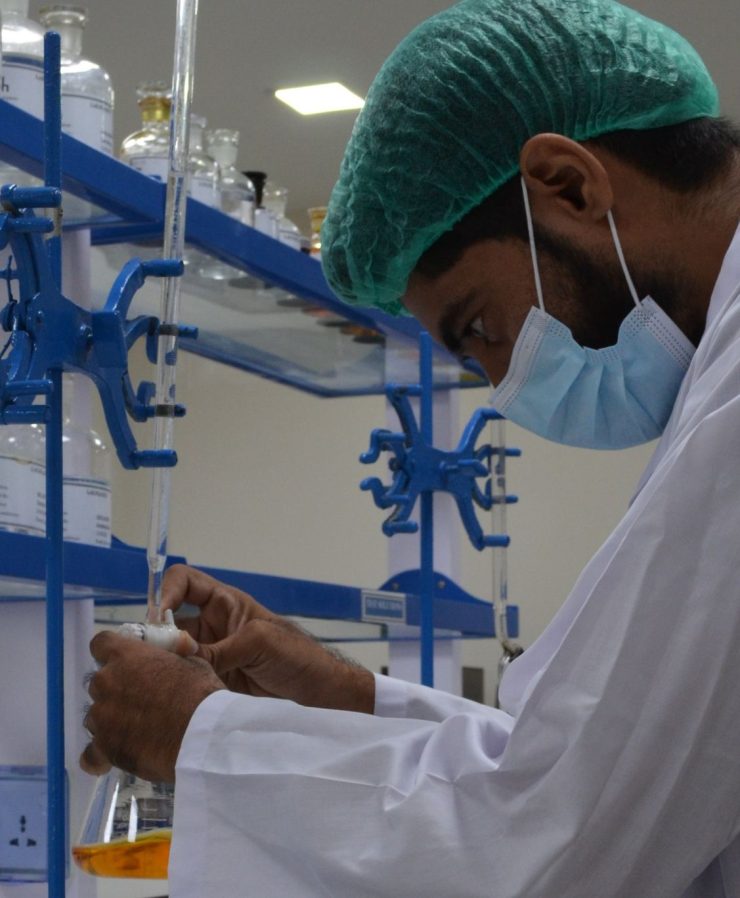
Supporting Our Communities to Build Positive, Safe & Clear Patient Focused Culture.
To evaluate and ensure compliance with established standards, identify areas of excellence and to provide recommendations for improvement.
Patient Centered Care
We work day and night to solve the problems that can help them move forward for those who is seeking answers!
Quality Improvement
Our team typically processes over 3 million patient every month and fifty of the top drugs developed in 2022.
Tips, News & Updates

Driving that Gene, Mutations are Seen Spreading Trait through a New Viral Population
Naturally occurring defense tool for bacteria, had recently been harnessed as remarkably simple and efficient way to edit DNA, this discovery was so remarkable that it...



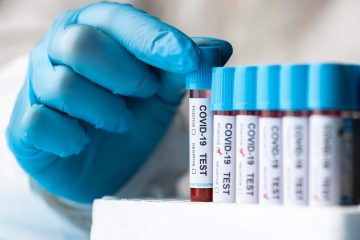
Quick Contact
If you have any questions or need help, feel free to contact with our team.



